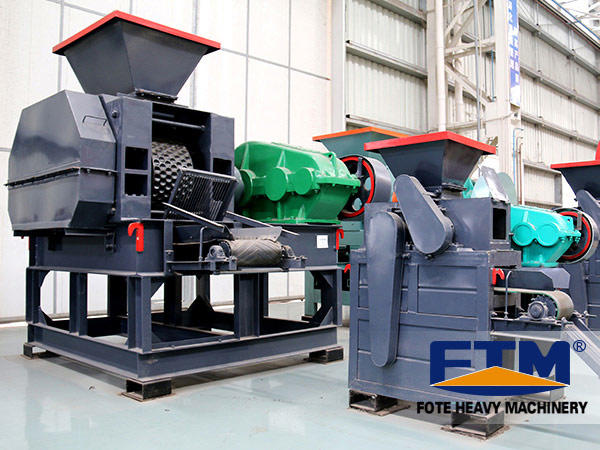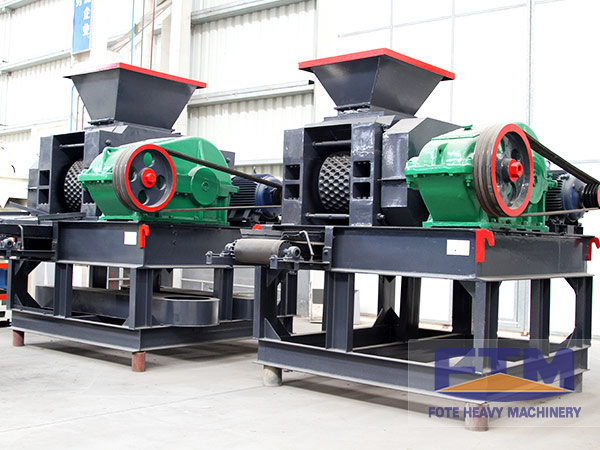NEWS
What are the factors that affect the hot and cold strength of the briquette machine
By: Fote MachineryMay 24th,2019
The production process of briquette is to add a proportion of water and binder to the pulverized coal and press-form it by a briquette machine. In general, the factors affecting the thermal strength of coal are mainly as follows:
1. The ratio of moisture to binder is incorrect: The moisture content of each batch of pulverized coal may be different, and the amount of moisture and binder added should also be finely adjusted;
2. The quality of the adhesive is poor: High-quality binders produce briquettes that are comparable to lump coal, and users should avoid using inferior binders because of price issues;
3. The configuration of the briquette production line is not high, and the pressure generated is insufficient to enable the binder to function normally.
In short, the cold strength of the briquette has a greater relationship with the performance of the briquette machine and the preparation of the raw material, and the thermal strength is more dependent on the binder.

How should we improve the thermal strength and the thermal stability of the coal? It can be analyzed from factors affecting the thermal stability of coal briquettes:
1. Blend Agent: The effect of the blending agent on the thermal stability of the coal is quite large. The thermal stability of the coal is different with different blending fluids. If other inorganic additives added and the inorganic components in the coal are reacted at a high temperature to form a compound having high heat stability, the thermal stability of the coal briquette is increased;
2. Raw Coal: The thermal stability of the coal briquette is also closely related to the type of raw coal. The degree of coal metamorphism, formation environment, ash composition, and the interaction of additives with inorganic components in coal can affect the thermal stability of coal and briquette. If the raw coal contains more carbonate mineral components, a large amount of carbon dioxide will be precipitated after being heated to break the coal briquette, thereby reducing the thermal stability of the coal;
3. Coal Allocation: As the coal allocation increases, the thermal stability of the coal briquette increases substantially linearly, so the addition of bituminous coal is beneficial to improve the thermal stability of the coal briquette.
4. Clay Additive: When using clay additives to improve the thermal stability of briquette, the clay with the proper composition of inorganic components should be selected so that its components can form high stability compound with certain components in the additive or inorganic components in the coal at high temperatures.


